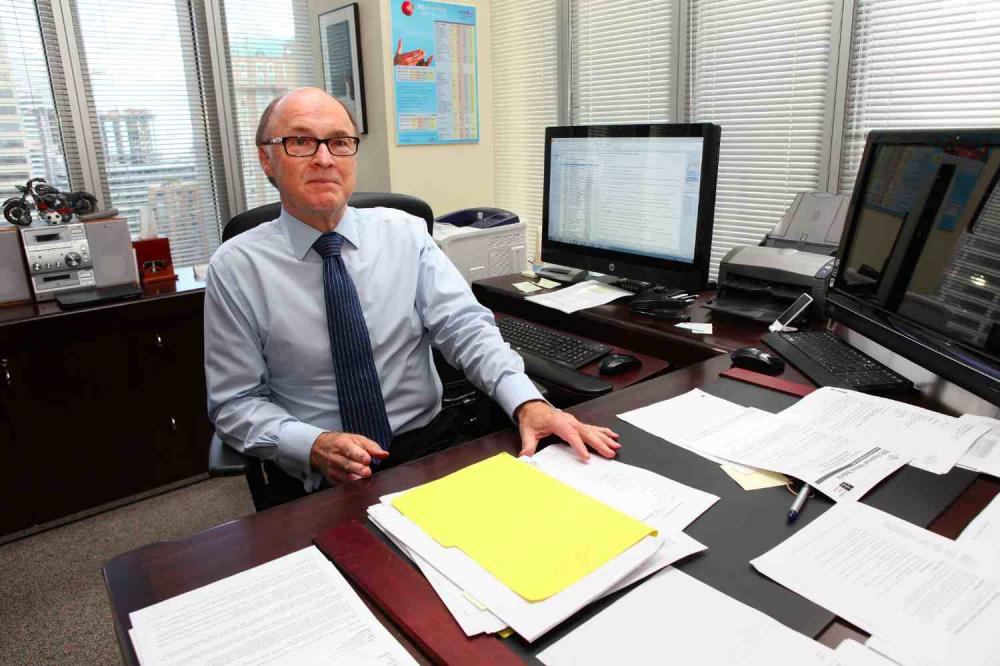
Upholding Our Rights (From the General Secretary)
For educators, the decision to participate in extracurricular activities has always been voluntary. Teachers choose to participate because they are passionate about their students and are committed to creating positive and healthy learning environments. Educators have dedicated countless voluntary hours and dollars to various activities. They have done so because they are committed to ensuring students have excellent educational experiences. In order for this commitment to be on-going, it must be reciprocated by the government and other education partners. As we know, this has not been the case over the past year.
School Board action and recent OLRB hearings
Many school boards are trying to be respectful of the position that teachers find themselves in, understanding that taking away educators’ democratic rights and imposing contracts without the opportunity to negotiate the needs of individual locals have significant implications for the education system. If there is to be a solution to the current situation, it will take the creative problem-solving of all the partners in education.
Many boards have been respectful, but not all. In January and February, the Ontario Labour Relations Board (OLRB) heard a complaint initiated jointly by the Upper Canada and Trillium Lakelands district school boards. At this writing there has not yet been a ruling. These boards argued that ETFO, in providing advice to members regarding voluntary/extracurricular activities, had counselled members to participate in an illegal strike. During the hearing, the OLRB considered whether collective agreements are still in place in light of the repeal of Bill 115, whether extracurricular and other strictly voluntary activities fall within the current definition of strike in the Education Act and, if these activities do fall under the Education Act, whether ETFO counselled an illegal strike. This part of the hearing concluded in mid-February. Another question before the OLRB is whether Bill 115 violates the Canadian Charter of Rights and Freedoms, specifically the protections of freedom of association and freedom of expression, by prohibiting the withdrawal of purely voluntary activities as a means of political protest. This proceeding will be ongoing into the spring, with updates to members communicated through the federation’s collective bargaining e-newsletter.
Upholding the charter
We continue to have discussions with the Wynne government and are committed to coming to a concrete resolution that speaks to the needs and interests of all the education partners. At the same time, we continue to demand justice regarding Bill 115. The bill has been called unprecedented interference in collective bargaining by the Canadian Civil Liberties Association. ETFO and other education unions launched a Charter challenge before the Supreme Court of Canada in response last fall. The hearing is scheduled for October 21-25, 2013. Through that process, we will call the government to account on its cynical and undemocratic legislation.
ETFO’s goal is to protect the needs of our members and the education system. While the tone has changed in the discussions we are having with the government, the damage done by Bill 115 remains. We need concrete solutions from the new premier and her government. With nothing concrete on the table beyond the promise of a better process in the future, “a better tomorrow,” nothing has actually been resolved. We continue to wait for real proposals from the government, proposals that demonstrate its commitment to change. Words alone are not enough. Individual members have always had the right to decide to participate, or not to participate, in voluntary and extracurricular activities. But individual members know that solidarity matters, that better working conditions, wages, and benefits can be achieved only if we act collectively. That is, after all, what being a union is all about.